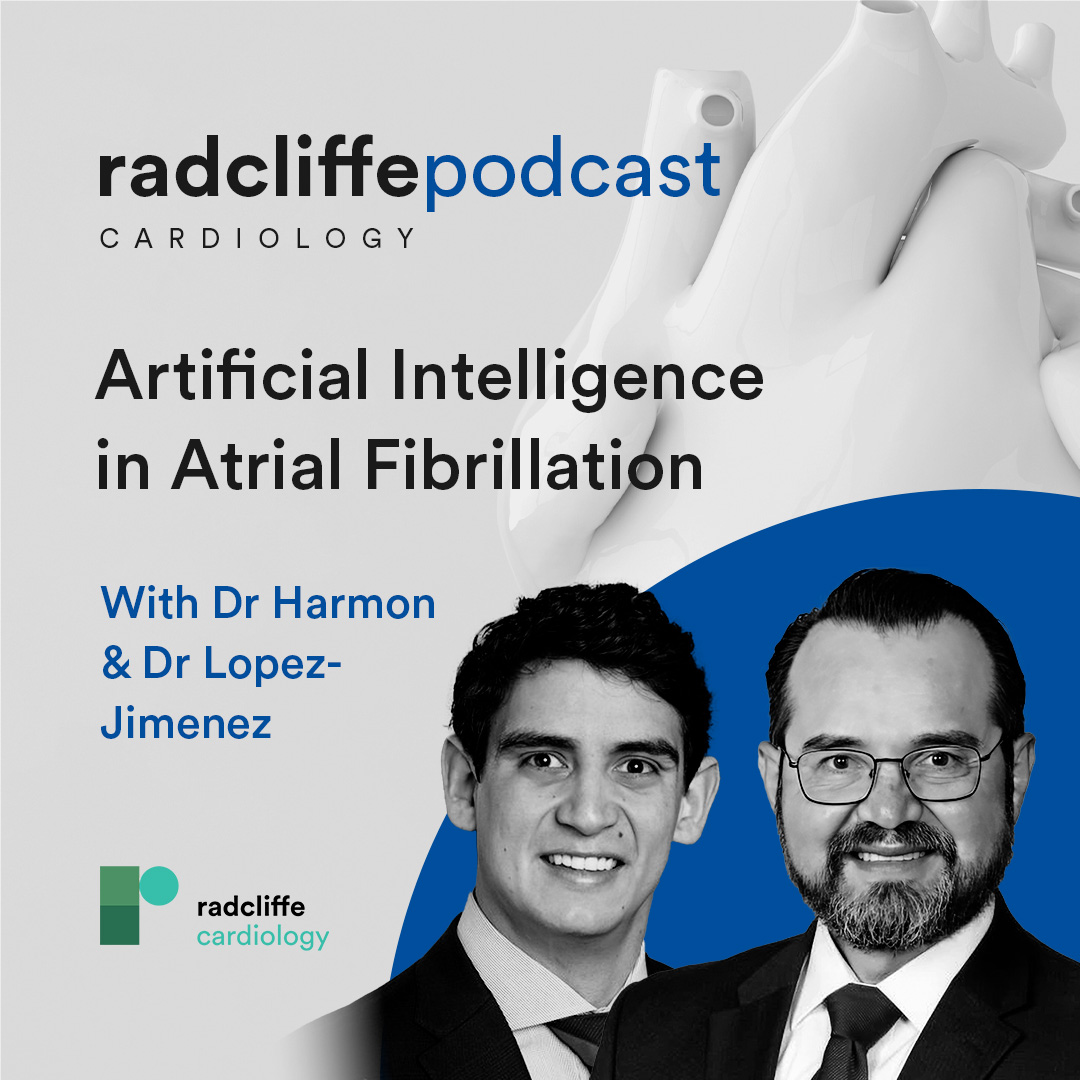
In this episode from the Radcliffe Podcast, Dr Francisco Lopez-Jimenez (Mayo Clinic, US) and Dr David Harmon (Mayo Clinic, US) join us to discuss the future of AI in Atrial Fibrillation treatment, based on Dr Harmon's recently published article in AER Journal; 'Artificial intelligence for the detection and treatment of atrial fibrillation'.
Dr Lopez-Jimenez and Dr Harmon discuss the possibilities that recent advances in the detection of atrial fibrillation using artificial intelligence-based technology offer, discussing its place in practice with consideration to standard practice electrocardiograms and advanced Holter ECG monitoring. They go on to discuss the implementation of this technology in day-to-day practice, as well as the potential barriers that may impact this.
How could Artificial Intelligence impact your practice, and what are the recent advances?
If you have any questions or suggestions, please email managingeditor@ecrjournal.com.
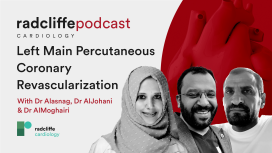
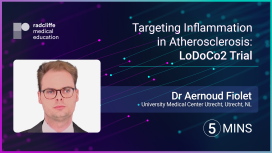
Supported by an unrestricted educational grant from NOVO NORDISK A/S.
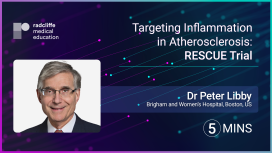
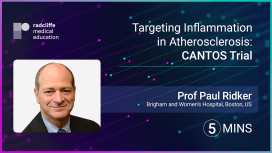
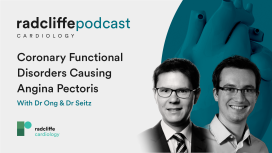
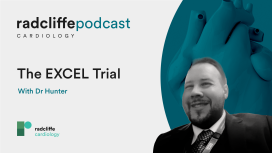
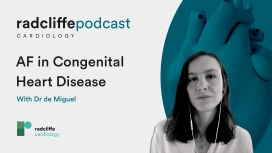
Dr Irene Martin de Miguel (Hospital General Universitario Gregorio Marañón, Madrid, Spain) joins us in this featured author episode to outline her recent review article, Atrial Fibrillation in Congenital Heart Disease. In this podcast, Dr de Miguel provides an overview of the current knowledge of AF in CHD, giving practical recommendations for your everyday practice.
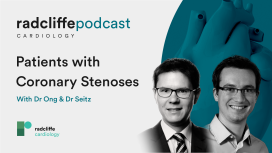
Today's episode features co-hosts Dr Peter Ong and Dr Andreas Seitz (Robert-Bosch Hospital, Stuttgart, DE) who together summarise the main results from the TARGET FFR and DEFINE-FLOW trials that were presented at TCT Connect 2020 and published recently in ECR journal, in the context of the existing literature.
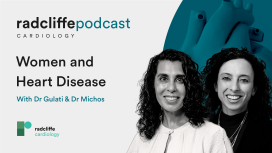
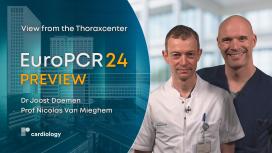

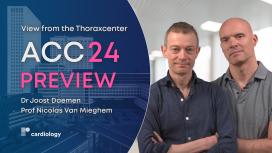
Join interventional experts, Prof Nicolas Van Mieghem and Dr Joost Daemen (Thoraxcenter, Erasmus MC, Rotterdam, NL) to learn more about this year’s key late-breaking and featured science trials that have the potential to shape practice and research.
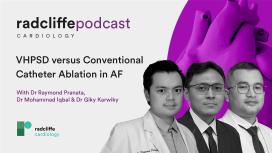

They interpret the evidence from five key trials, providing context, asking thought-provoking questions to translate the data into key take-home messages for practice and research.





